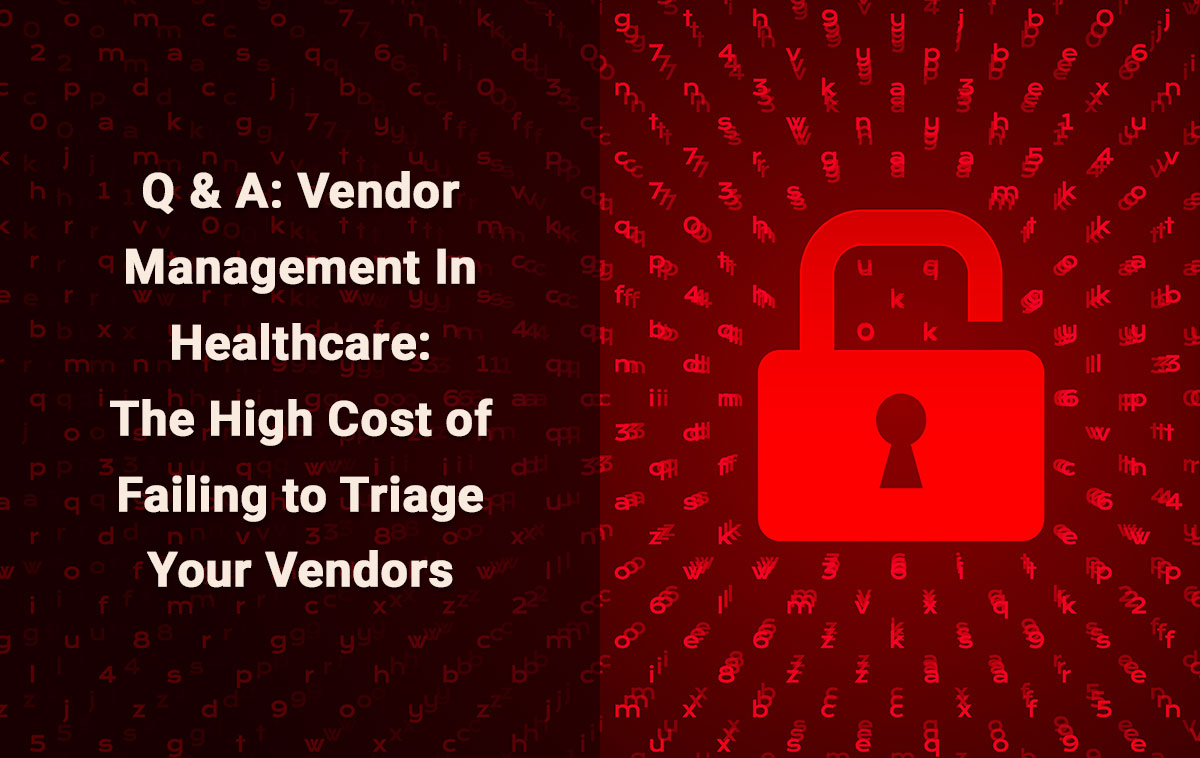
Q&A: Vendor Management In Healthcare: The High Cost of Failing to Triage Your Vendors
Rebecca L. Rakoski, co-founder and managing partner at XPAN Law Group, presented the webinar Vendor Management In Healthcare: The High Cost of Failing to Triage Your Vendors on November 5. In anticipation of this webinar, Rebecca answered many commonly asked questions on our blog.
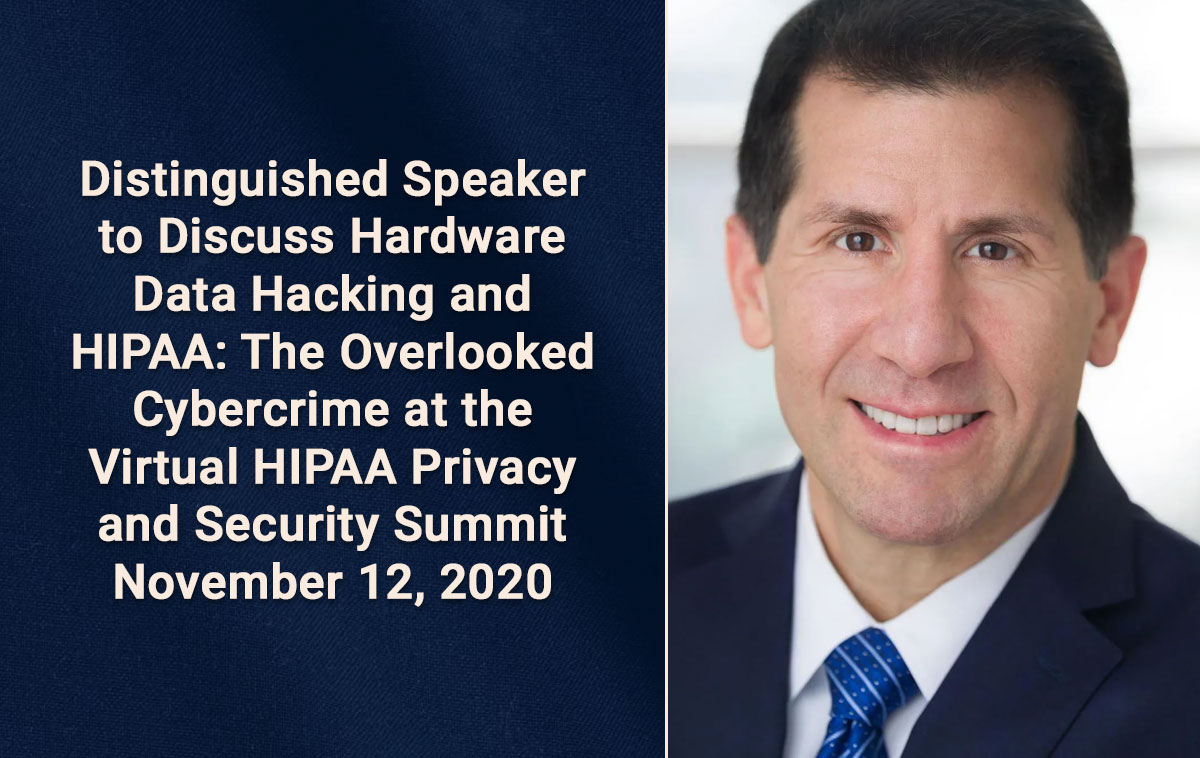
Hardware Data Hacking and HIPAA: The Overlooked Cybercrime at the Virtual HIPAA Privacy and Security Summit
John S. Shegerian, Co-founder and Executive Chairman of ERI served as the Distinguished Speaker at the Virtual HIPAA Privacy and Security Summit, an event presented by First Healthcare Compliance and Delaware Law School.
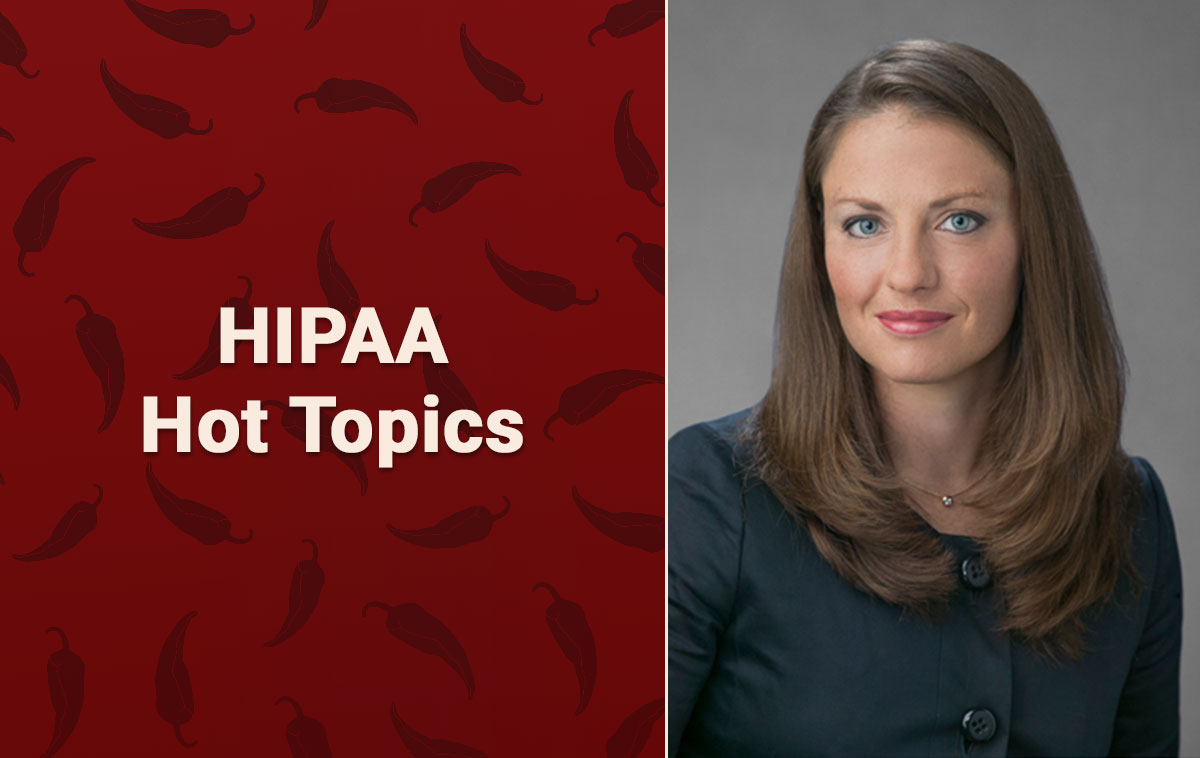
HIPAA Hot Topics
Rachel V. Rose, JD, MBA is a Principal with Rachel V. Rose – Attorney at Law, P.L.L.C. (Houston, TX). She will lead the presentation HIPAA Hot Topics at the upcoming Virtual HIPAA Privacy and Security Summit 2020 on November 12.
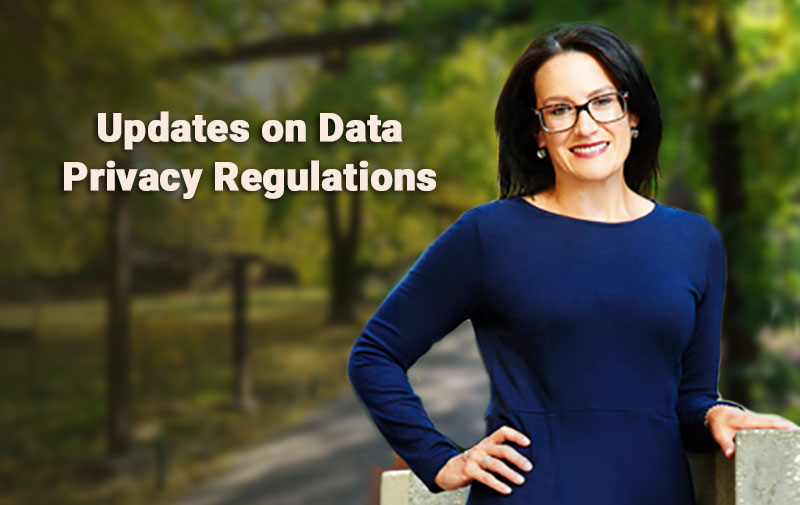
Updates on Data Privacy Regulations
Rebecca L. Rakoski is the co-founder and managing partner at XPAN Law Group, a boutique law firm focusing exclusively on all aspects of the law that involve the transfer and sharing of data including, cybersecurity, data privacy, and electronic discovery. She will lead the presentation Updates on Data Privacy Regulations at the upcoming Virtual HIPAA Privacy and Security Summit 2020 on November 12.
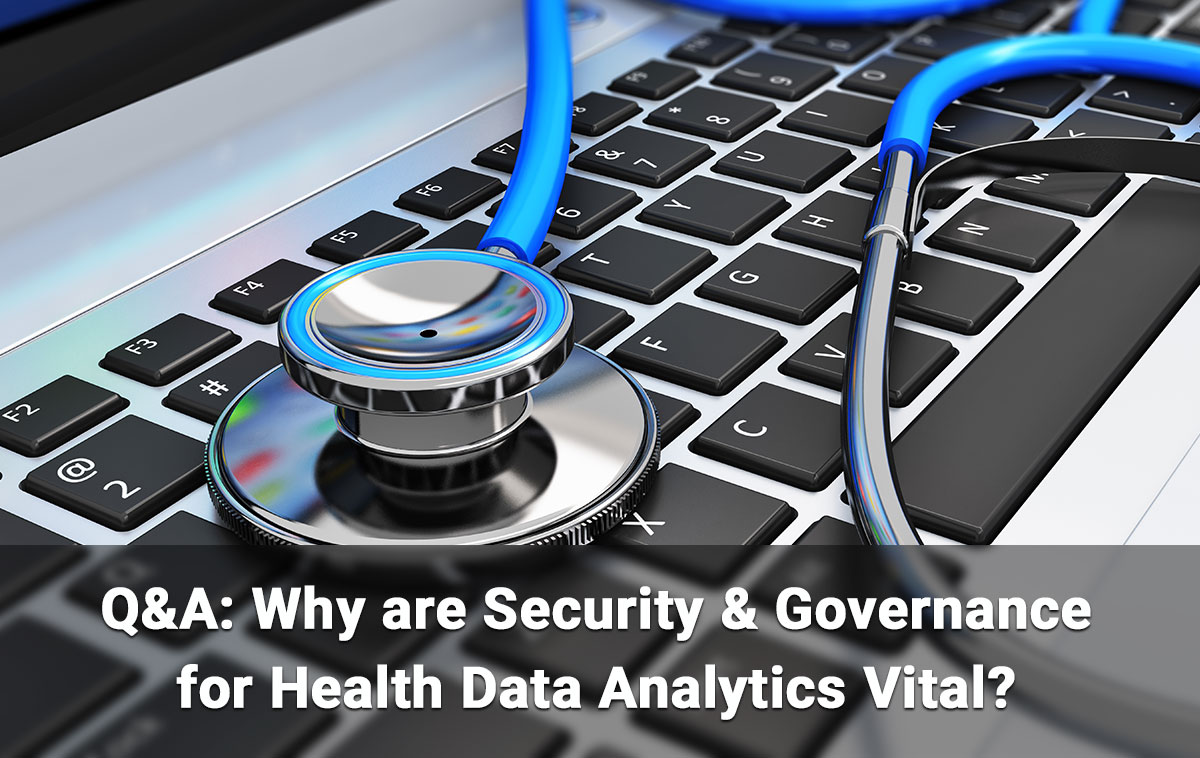
Q&A: Why are Security & Governance for Health Data Analytics Vital?
Feisal Nanji, CEO and Executive Director at Techumen LLC, will present a two-part webinar series. Register for the first webinar, Why are Security & Governance for Health Data Analytics Vital?, on October 6 at 1 pm ET and the second webinar, Securing Your Data Analytics Program, on December 15th at 12 pm ET. In anticipation of this webinar, Feisal answered many commonly asked questions on our blog.
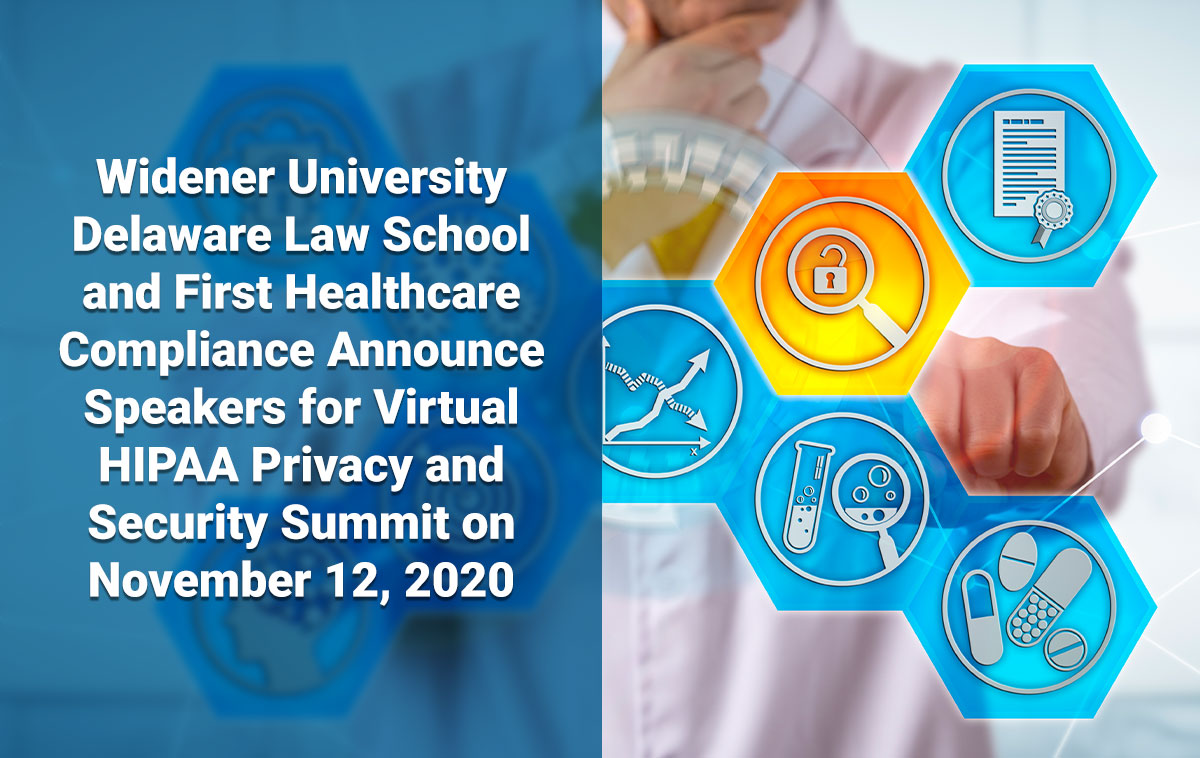
Widener University Delaware Law School and First Healthcare Compliance Announce Speakers for Virtual HIPAA Privacy and Security Summit on November 12, 2020
The HIPAA Privacy and Security Summit will bring professionals from the healthcare and legal communities together for online discussion and learning. Thought leaders will provide meaningful insight on topics related to the HIPAA privacy and security rules with updates to address the impact of the COVID public health crisis.
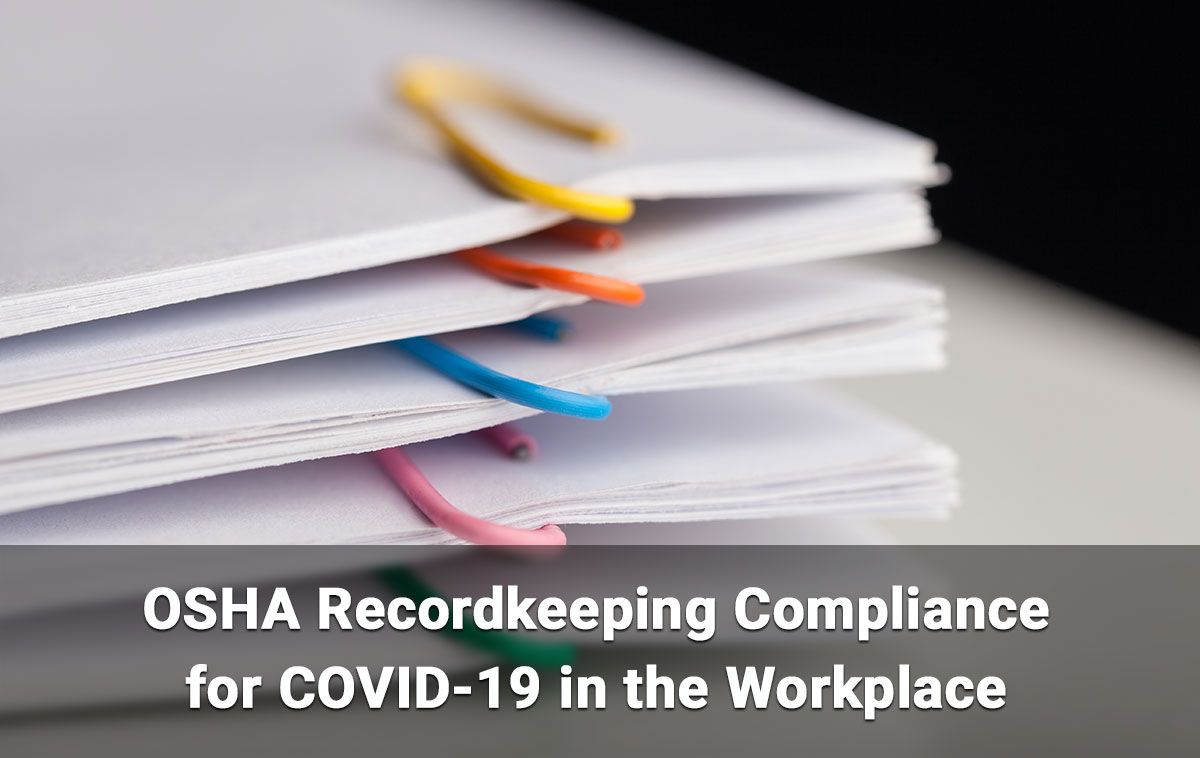
OSHA Recordkeeping Compliance for COVID-19 in the Workplace
Under the Occupational Safety and Health Administration (OSHA) recordkeeping regulations, employers are mandated to record serious occupational injuries and illnesses on the OSHA 300 Log. COVID-19 is a recordable illness if a worker is infected as a result of performing their work-related duties but how does an employer determine this? Given the nature of the COVID-19 pandemic and the difficulty in determining whether transmission of COVID-19 occurred in or outside the workplace, OSHA issued guidance to its Compliance Safety and Health Officers (CSHOs) in order to evaluate employers’ efforts in determining work relatedness of COVID-19 cases. The guidance clarifies employer obligations and provides a framework for employers to follow when facing a COVID-19 case in the workplace.
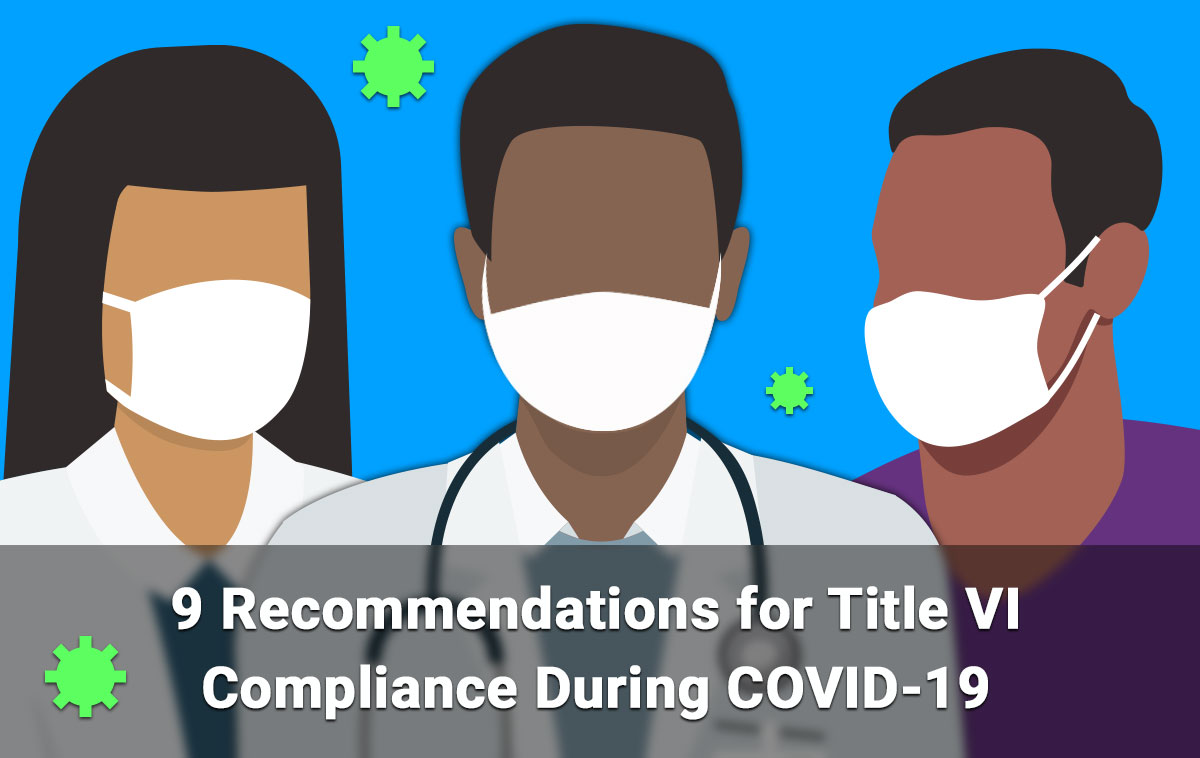
Infographic: 9 Recommendations for Title VI Compliance During COVID-19
Title VI of the Civil Rights Act of 1964 protects people from discrimination based on race, color or national origin in programs or activities that receive Federal financial assistance. The Office of Civil Rights issued a bulletin providing the following nine recommendations for Title VI compliance during COVID-19 to healthcare providers that receive federal financial assistance.
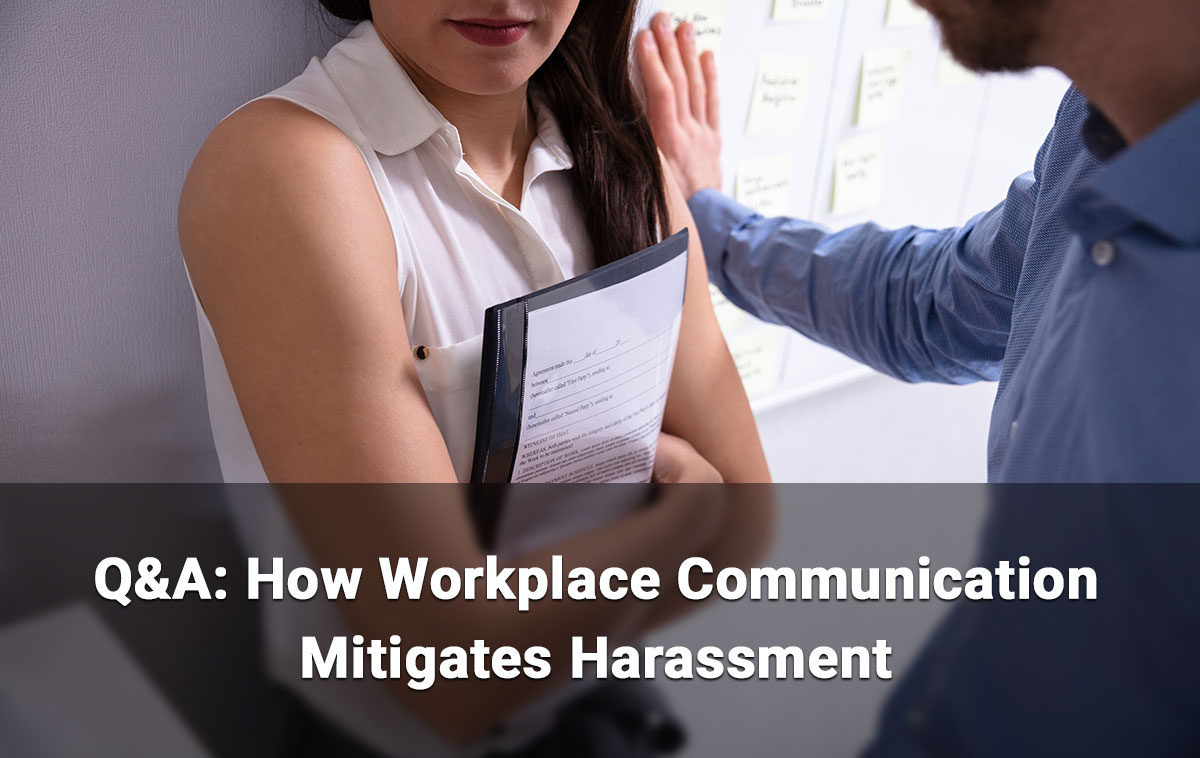
Q&A: How Workplace Communication Mitigates Harassment
Warren Cook BS, MBA, MS, SHRM-certified of SymbianceHR, will be presenting the webinar How Workplace Communication Mitigates Harassment on September 22 at 12 pm ET. In anticipation of this webinar, Warren answered many commonly asked questions on our blog in relation to communication and harassment in the workplace.
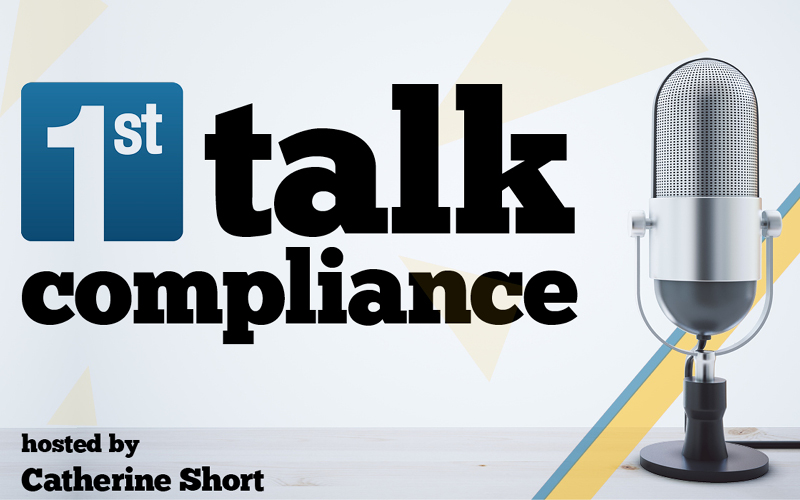
Building an Engaging Company Culture & Avoiding HR Minefields at Work-Related Events
Catherine Short speaks with Warren Cook President and Co-Founder…
Subscribe to Weekly eNewsletter
Get the latest healthcare compliance updates straight to your inbox.
